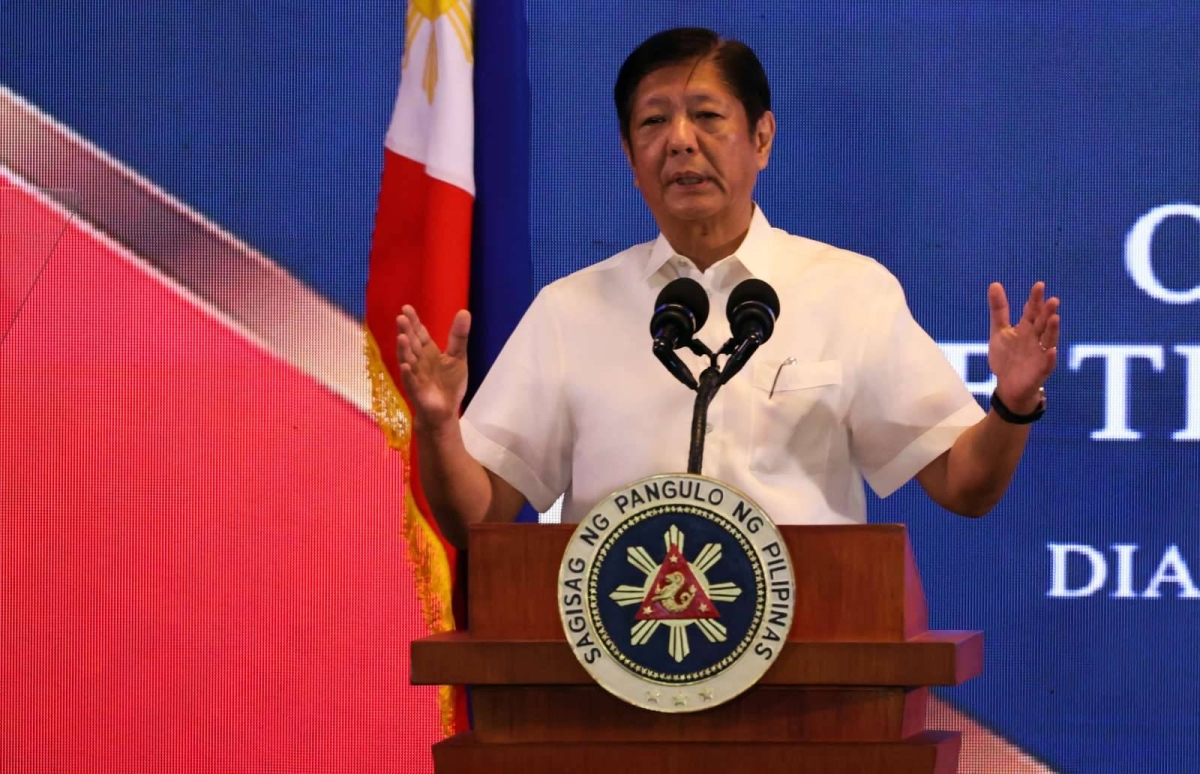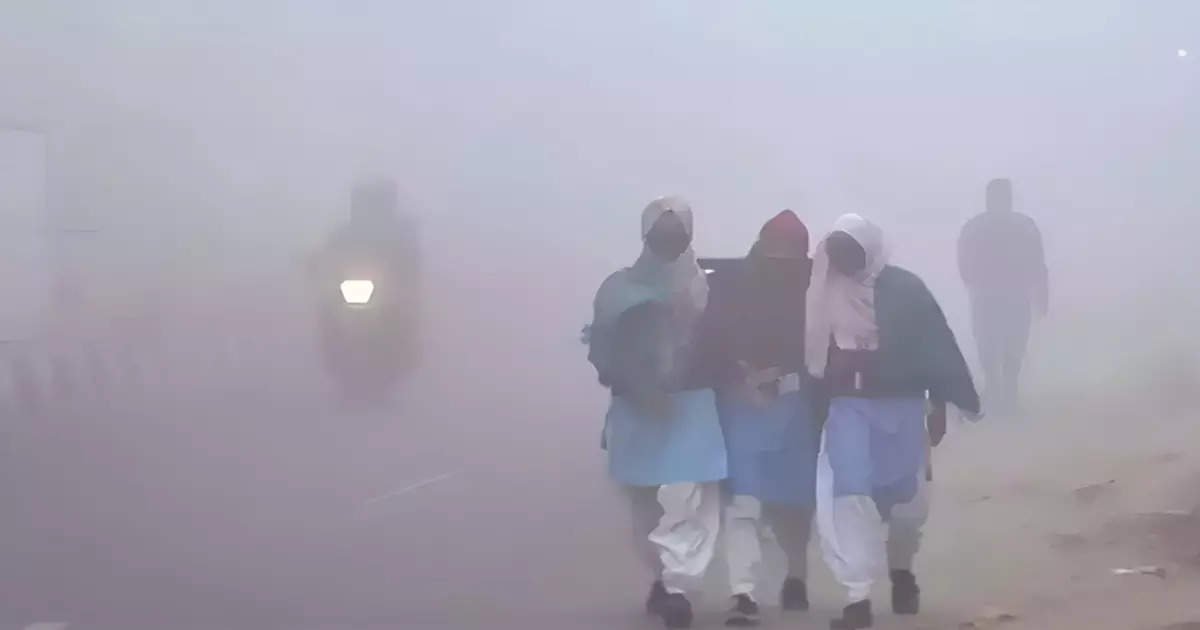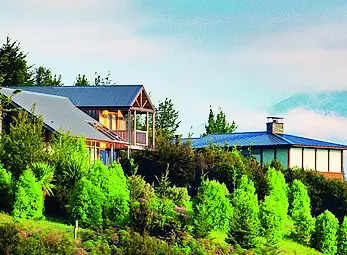
(UPDATE) PRESIDENT Ferdinand Marcos Jr. said the country's economic zones were open to all foreign investors, citing the attractive arrangements set up by the government for businesses planning to operate in the Philippines.
Marcos issued the statement as he discussed the government's measures to transform the economy in an interview with a South Korean newspaper in Malacañang on Thursday.
"We have economic zones where anyone can participate," Marcos said when interviewed by Chang Dae-hwan, chairman of South Korea's Maeyeong Media Group.
The President said foreign companies, including South Korean firms, could seize the business and trade opportunities offered by the economic zones in the Philippines, including a common tax code and incentive scheme.
He also said that in these economic zones, locator companies do not have to deal with every single local government unit.
Marcos cited as an example the Clark Freeport and Special Economic Zone in Clark City, Pampanga, where government arrangements for businesses have made it an attractive destination for foreign investments.
"It's open for everyone and what it provides. It provides a place where there are special incentives, special tax breaks, especially tariffs on importation, [and] sales tax because they don't sell into the country," he added.
Marcos said those special zones have been very successful, and the government was counting on them to continue their success.
Since the start of the investment drive in the Philippines, "there have been many, many, very serious inquiries," he said.
Special economic zones, which are managed by the Philippine Economic Zone Authority (PEZA), are areas specifically designed to attract foreign investors.
It may contain any or all of the following: industrial estates, export processing zones, free trade zones, and tourist/recreational centers.
Foreign companies that set up shop in these zones enjoy incentives like exemptions from certain taxes and duties, and permanent resident status for big-time investors.
Future-ready
Marcos said government efforts to lure foreign investors to the country were part of his vision to transform the Philippines into a future-ready nation through his administration's Bagong Pilipinas (New Philippines) campaign.
"We cannot go back to what we used to do. We cannot do the same things and expect to have a good result," Marcos said.
The President stressed the need to transform the bureaucracy and the way the Philippines does business in order to prepare the country for the next 50 years.
"I want to transform the different economic policies for greater investment, greater trade, so I guess my hope is that we would be able to transform the Philippines, so that the Philippines is now ready for the next 50 years. Put us on the right track," he said.
Marcos also said that if the country could get started on the right track and keep going with great determination and focus, "I think we will be able to do it."
He said his administration's "Bagong Pilipinas" campaign aims to create a new Philippines "that is part of the economy and a promoter of peace and stability."
Asked what kind of paradigm shift he was going to introduce to Filipinos, the President said that he always viewed the Filipino workforce as the country's greatest asset but was not being maximized.
The government, he said, has to structure the economy to make full use of Filipino workers who are good English speakers, well-accustomed to working with foreign entities, and have a very large diaspora overseas.
The President cited the digital space, which the government could capitalize on to train people so they could be ready to participate in the modern labor market.
"So, it is up to us, in the government now, to change how we think, and so I think it's just one fundamental ... when you ask if what's the paradigm shift, there are many paradigm shifts that seem to change our thinking. We have to change the way [we] do things," Marcos said.
Another paradigm shift under the Marcos administration is the need to amend the economic provisions in the 1987 Constitution to attract foreign investors.
But the Constitution limits foreign ownership to 40 percent in public utilities such as electricity, water and public transportation.
It also prohibits foreigners from owning land in the country, something that Marcos had said he was unwilling to change.
Marcos has repeatedly pushed for amendments to make it attuned to the globalized world and help the country attract more investments from abroad.
In his speech during the observation of Constitution Day in Makati City in February, Marcos said reforms in the Constitution would be limited to the basic law's economic provisions.
"I want to make it clear: This administration's position in introducing reforms to our Constitution extends to economic matters alone or those strategically aimed at boosting our country's economy. Nothing more," he said.
"Anchored on these restrictive provisions, there are laws that prohibit certain kinds of foreign investments, thus limiting our economic potential and our global competitiveness," added Marcos, who has repeatedly espoused the need to improve the country's economic activity.
Marcos said that, despite a nearly 16 percent decrement in the net foreign direct investment inflows, the Philippine economy continues to grow and is expected to grow further by 6.5 to 7.5 percent this year.
"In any event, this Administration is going to continue to push hard to attract more foreign investments to significantly help us achieve our ambition of upper-middle-class income status by 2025," he said.
Luzon Economic Corridor
Meanwhile, Marcos said the government would even do better once the Luzon Economic Corridor was completed.
"I expect it to be mostly American companies," he said. "They have come in, and I like to think that the reason for that is because we have set up a system that's attractive for their investment."
"And so, we'll continue to [do] that and will be able to do even better if the Luzon Economic Corridor is completed, and the travel times and the cost of travel of transport will be brought down," the President added.
Announced during his historic trilateral meeting with US President Joseph Biden and Japanese Prime Minister Fumio Kishida, the Luzon Economic Corridor aims to accelerate coordinated investments in high-impact infrastructure projects in Subic Bay.
Several countries, including the US and Japan, are investing in these projects, which focus on rail, port modernization, clean energy and semiconductor supply chains and deployments, agribusiness and civilian port upgrades.
"The Luzon Corridor is a demonstration of our enhanced economic cooperation, focused on delivering tangible investments across multiple sectors," Marcos, Biden and Kishida said in their joint statement.
"Through this corridor... Japan, the Philippines, and the United States commit to accelerating coordinated investments in high-impact infrastructure projects," they added.
South Cotabato special economic zone
In a related development, Marcos created and designated Tupi Information Technology (IT) Park in South Cotabato as a special economic zone, Malacañang said on Saturday.
In his Proclamation 530, the President said the move aims to support the current government's thrust to attract more foreign investors.
The President created the special economic zone at the recommendation of the PEZA board of directors.
Read The Rest at :





